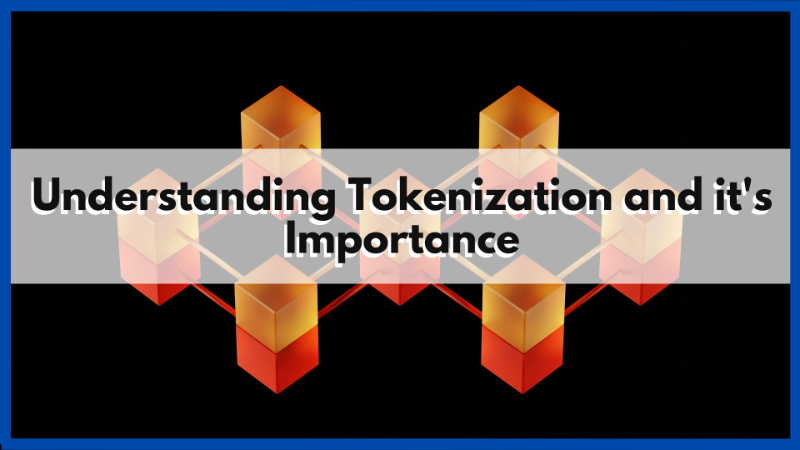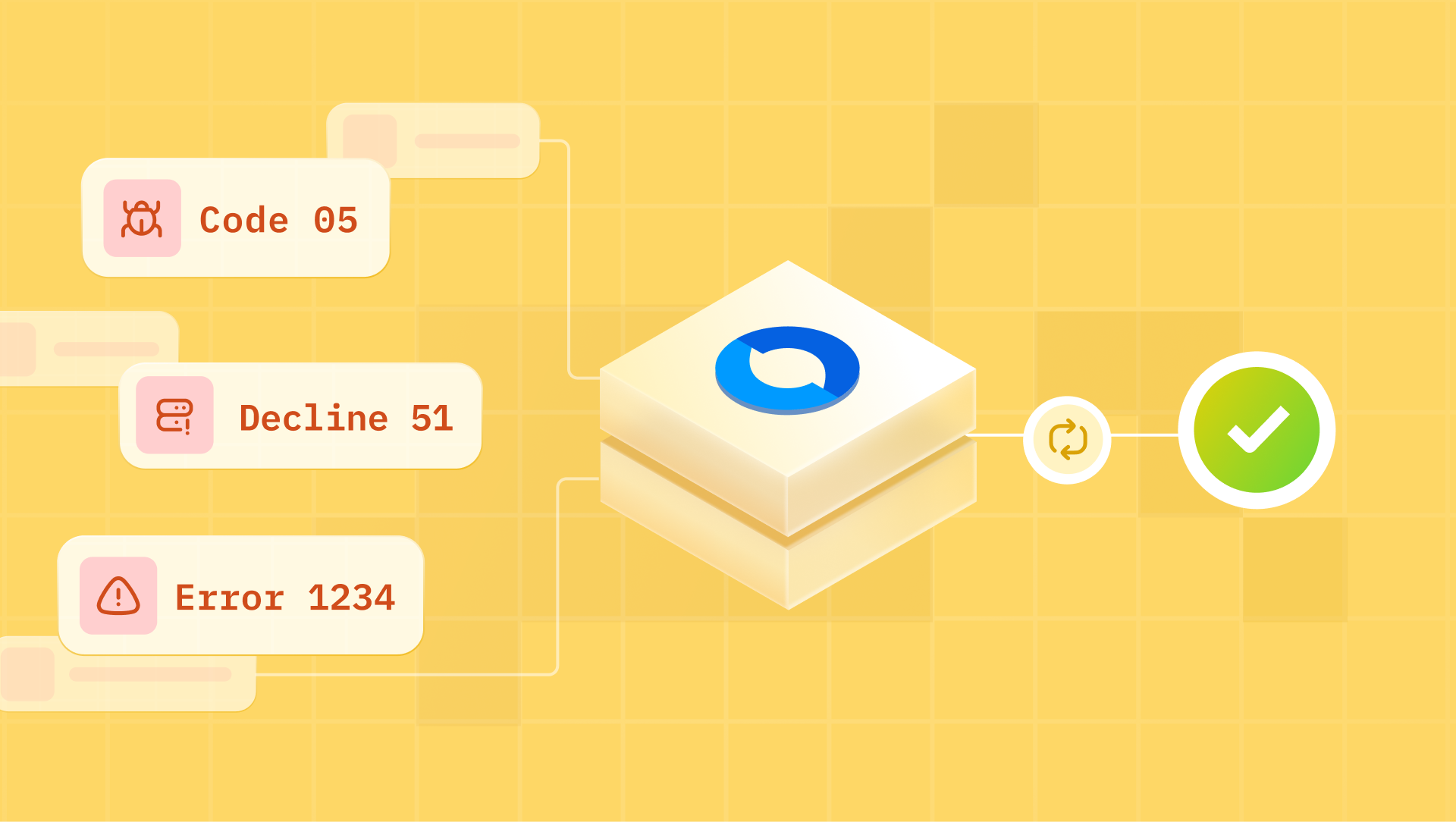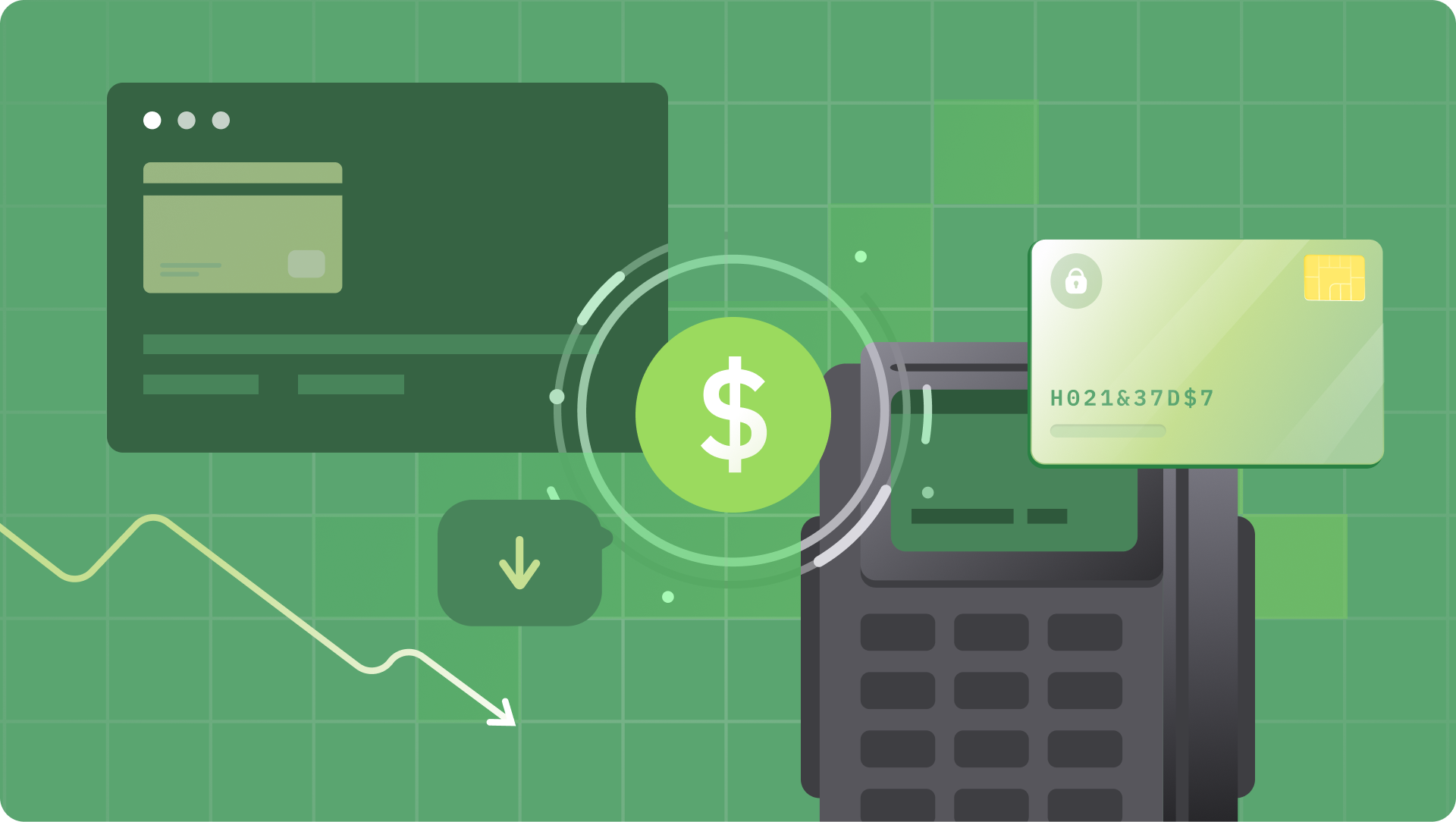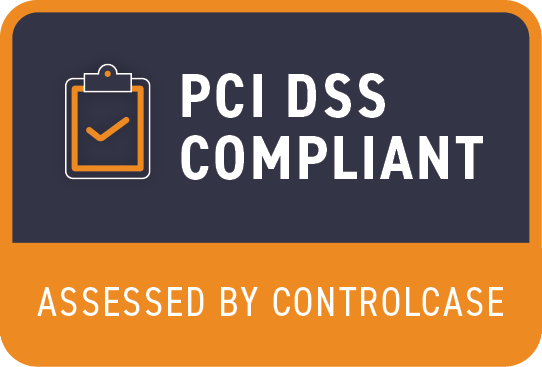Imagine a world where your sensitive information is shielded from prying eyes, where online transactions are seamless yet secure. This is the promise of tokenization, a technological marvel that stands as a guardian against the threats lurking in the digital landscape. Let's embark on a journey to unravel the mysteries of tokenization, understanding its significance and the transformative power it holds.
The Need for Tokenization
With cyber threats evolving at an alarming rate, traditional methods of safeguarding sensitive data fall short. The vulnerabilities exposed by data breaches and identity theft have left businesses and individuals on the edge, seeking a solution that goes beyond mere encryption.
Enter tokenization, a paradigm shift in data security. The need for tokenization arises from the shortcomings of traditional security measures, which often involve storing sensitive data in a centralized location. This centralized approach becomes a prime target for cybercriminals. Tokenization, on the other hand, disperses the risk by replacing sensitive data with a unique identifier, a token, rendering the actual data indecipherable even if intercepted.
What is Tokenization
At its core, tokenization is a process of substituting sensitive data with a non-sensitive equivalent, known as a token. Unlike encryption, which uses algorithms to mathematically scramble data, tokenization takes a different approach. It replaces the original data with a randomly generated token, which is devoid of any intrinsic meaning or value.
For instance, consider your credit card information. In a traditional transaction, your full credit card number is transmitted and stored. With tokenization, this number is replaced with a token. The token retains the length and format of the original credit card number, but it lacks the sensitive information. Even if intercepted, the token is useless to malicious actors.
What is a Token Like?
Tokens are the unsung heroes of the digital security world. Think of them as virtual placeholders, standing in for sensitive information without revealing any details. A token can be a string of numbers, letters, or a combination of both. The beauty of tokenization lies in its randomness—each token is unique and bears no correlation to the original data it represents.
Let's continue with the credit card analogy. If your credit card number is 1234-5678-9012-3456, the token might be something like 8a1b3c9d. This token, while appearing random, serves as a reference to your original credit card without exposing any vulnerable details.
Benefits of Tokenization and Their Impact on Online Businesses
The adoption of tokenization brings forth a myriad of benefits, each contributing to a more secure and streamlined digital landscape.
- Enhanced Security: By replacing sensitive data with tokens, businesses fortify their defense against data breaches. Even if a breach occurs, the stolen tokens are meaningless without the corresponding data.
- Seamless Transactions: Tokenization facilitates smooth and efficient transactions. With the elimination of sensitive data from the transaction process, the risk of fraud is significantly reduced, and customers can engage in online activities with confidence.
- Reduced Compliance Risks: Compliance with industry standards, such as PCI DSS (Payment Card Industry Data Security Standard), is a daunting task for businesses. Tokenization simplifies compliance by minimizing the scope of sensitive data, making it easier to adhere to stringent regulations.
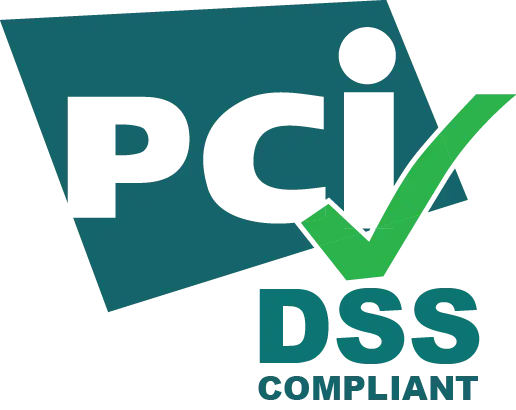
- Customer Trust and Loyalty: In an era where trust is paramount, businesses that prioritize data security through tokenization earn the trust and loyalty of their customers. Knowing that their sensitive information is shielded fosters a sense of security among users.
Does Using Tokenization Make You PCI DSS Compliant?
The Payment Card Industry Data Security Standard (PCI DSS) sets the bar high for organizations handling cardholder information. Achieving and maintaining PCI DSS compliance is no small feat, and non-compliance can lead to severe consequences, including fines and reputational damage.
Tokenization serves as a powerful ally in the quest for PCI DSS compliance. By replacing sensitive cardholder data with tokens, businesses reduce the scope of the compliance assessment. This not only streamlines the compliance process but also minimizes the risks associated with handling sensitive information.
In essence, tokenization acts as a strategic move towards achieving and maintaining PCI DSS compliance. It's a proactive measure that not only safeguards businesses from regulatory penalties but also demonstrates a commitment to securing customer data.
Tokenization vs Encryption
While both tokenization and encryption aim to enhance data security, they differ in their approaches and applications.
Tokenization focuses on substitution. It replaces sensitive data with non-sensitive equivalents, tokens, rendering the original data meaningless if intercepted. This process is irreversible, as the tokens are generated using a one-way algorithm.
Encryption, on the other hand, involves the transformation of data using algorithms to make it unreadable without the appropriate decryption key. Unlike tokenization, encryption is a two-way process, allowing the encrypted data to be decrypted back to its original form.
In a nutshell, while encryption secures data by making it unreadable, tokenization secures it by making it irrelevant. Both methods have their merits, and their suitability depends on the specific needs and goals of an organization.
Tokenization emerges as a beacon of hope in the realm of data security, addressing the vulnerabilities that traditional methods fail to mitigate. As we navigate the digital landscape, the need for robust security measures has never been more apparent. Tokenization, with its innovative approach and tangible benefits, stands as a formidable solution, empowering businesses to thrive in the face of evolving cyber threats.
In embracing tokenization, we not only fortify our defenses but also contribute to a digital ecosystem built on trust, efficiency, and peace of mind. It's time to usher in a new era of secure transactions, where the power of technology safeguards our digital endeavors, one token at a time.

